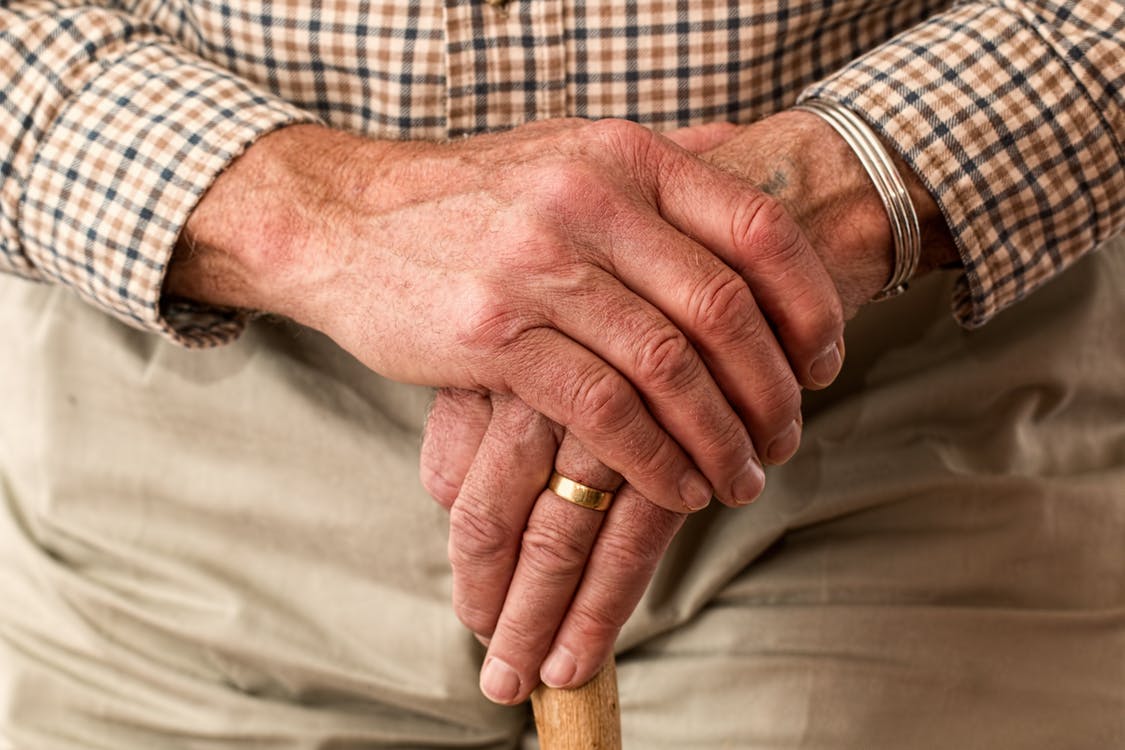Every year, Illinois residents must decide whether to move their aging or disabled parents, grandparents, and even children into one of Illinois’ 1,200 long-term care facilities. These facilities provide daily personal and medical care to more than 100,000 residents of all ages.
Unfortunately, thousands of the aged and elderly are abused each year by the people tasked with caring for them. During fiscal year 2021 (July 1, 2020 – June 30, 2021), the Illinois Department of Aging Adult Protective Services division received 20,567 reports of abuse, neglect, self-neglect, and financial exploitation against Illinois’ elderly population age 60 and older. The most common was financial exploitation, which accounted for 30% of reported incidents. Six percent of all reported cases of abuse were perpetrated while the person was living in a short-term facility.
The Illinois Nursing Home Care Act was enacted to protect residents of Illinois nursing homes. It provides a Nursing Home Resident Bill of Rights and provides recourse for those who have been injured or killed due to negligence or abuse they suffered while living in a nursing home.
Are Illinois Nursing Homes Regulated?
Yes. Illinois nursing homes are licensed, regulated, and inspected by several different agencies at the state and federal levels, including the Illinois Department of Public Health (IDPH). Each agency is responsible for different facets of nursing home care. The IDPH ensures nursing homes comply with Illinois regulations.
What Is Considered Negligence and Abuse in Illinois Nursing Homes?
Negligence and abuse encompass a range of actions and can be inflicted by staff or other residents. A person may be the victim of one or several forms. These include:
- Physical Abuse
- Sexual Abuse
- Psychological Abuse
- Financial Exploitation
- Neglect/Mistreatment
What is Considered Neglect?
The Illinois Nursing Home Care Act defines neglect as the failure to provide adequate medical or personal care or maintenance, which leads to physical or mental injury or a deterioration in the patient’s physical or mental state. Signs of neglect could include bedsores (from a failure to help patients out of bed or change their position if they’re non-ambulatory), weight loss due to lack of feeding, or physical injuries that result from lack of care or supervision.
What is Considered Abuse?
Abuse is defined as non-accidental physical or mental injury or sexual assault. Financial abuse is the purposeful misplacement, exploitation, or wrongful use of a resident’s belongings or money without consent.
What Are the Rights of Illinois Nursing Home Residents?
A person doesn’t relinquish their rights the moment they move into an Illinois nursing home. Rather, they retain the rights they had when living independently to the extent their condition allows. Even if they require 100% care and assistance, residents are always to be treated with dignity and respect. The Illinois Nursing Home Care Act makes clear that nursing home residents have the right to, among other things:
- Manage their financial affairs
- Wear their own clothes and keep personal belongings
- Be cared for by a doctor of their choosing, whether paid for by health insurance or personal expense
- Review their medical records
- Make medical decisions, including the right to refuse treatment
- Be free from restraints (unless ordered by a physician for patient safety)
- Have visitors and access to mail and phones
What Happens If an Illinois Nursing Home Violates a Patient’s Rights?
Nursing home residents and their families have several options if they believe a nursing home has violated a resident’s rights or is mistreating residents.
- File a complaint with, or seek help from, the long-term care ombudsman
- File a complaint with the nursing home
- File a complaint with IDPH
- File a lawsuit
You may choose one or more of these options depending on the severity of the issue and your desired outcome. For example, if a nursing home attendant prohibits a resident from having a phone or keeping their belongings in the room, or if you believe a staff member is manipulating a family member into giving them money, a complaint to nursing home administrators could help resolve the issue with no need to escalate further.
If you or a family member were physically injured, either intentionally or due to neglect, you may wish to file complaints with the nursing home and IDPH and, depending on the severity of the injuries and the nursing home’s response, a lawsuit.
What Happens If I Choose to File a Lawsuit Against an Illinois Nursing Home?
If the abuse or neglect you or a loved one suffers in an Illinois nursing home is severe and/or results in death, you may wish to file a lawsuit. Whether a personal injury or wrongful death suit, the underlying claim would be for medical malpractice. It may be brought against one or more nursing home staff, administrators, and/or the owner of the nursing home.
Medical malpractice lawsuits differ from other personal injury lawsuits because they require the plaintiff (the person who files the lawsuit) to provide an affidavit that the care received was substandard. The affidavit must be completed by a qualified healthcare professional with knowledge of the relevant subject matter whose practice in the prior six years was in the area of health or medicine at issue. For example, if your claim is that the nursing home failed to provide rehabilitative therapy services that resulted in injury, the affidavit must be from a physician who specializes in rehabilitative medicine, not a neurosurgeon or psychiatrist. A separate affidavit is required for every named defendant.
What Will I Need to Prove to Win a Lawsuit for Nursing Home Abuse or Neglect in Illinois?
Medical malpractice is a form of negligence, and like all negligence cases, you must be able to prove that:
- The nursing home owed you a duty of care
- The nursing home breached its duty
- The breach caused your injuries
- The injuries resulted in damages
Residency in a nursing home automatically establishes the duty of care. To prove that the nursing breached its duty, you must show that its care was substandard through medical records and expert testimony regarding appropriate standards of care. Examples of substandard care may include improper administration of medication, failure to diagnose or misdiagnosis, failure to follow the nursing home plan of care, or failure to provide daily cares (i.e., failure to bathe, change dressings, help with toileting, etc.).
Illinois Nursing Home Abuse and Neglect Attorneys
If you or a loved one has been abused or neglected while living in an Illinois nursing home, the attorneys at The Good Law Group can help. We offer free case consultations and, if we accept your case, you pay no attorney fees unless you are awarded damages. Call us at 800-419-7606 to schedule an appointment.









